AVMI Co-Directors

Email: vvantsevich@wpi.edu
Phone: +1 (508) 8315000 x5013
Vladimir Vantsevich is a professor in the Department of Mechanical and Materials Engineering. He serves as co-Director and Principal Investigator of the Autonomous Vehicle Mobility Institute (AVMI). Prior to WPI, he worked as a professor at the University of Alabama at Birmingham and Lawrence Technological University (LTU) in Michigan. Before LTU, Dr. Vantsevich was a professor of Belarusian National Technical University and the Head of Research and Design Group on Multi-Wheel Drive Vehicles that designed and developed mechatronic and mechanical driveline systems for various purpose vehicles ...
view profile
Email: lmoradi@wpi.edu
Phone: +1 (508) 8315000 x6186
Lee Moradi, PhD, PEWPI School of Engineering, Department of Mechanical & Materials Engineering (MME) Lee Moradi joined WPI in February 2022 as a Professor in the Department of Mechanical & Materials Engineering (MME). He is also the Co-Director of the Autonomous Vehicle Mobility Institute (AVMI). Prior to WPI, Lee had 18 years of experience with industry and 25 years as a faculty and director at the University of Alabama at Birmingham (UAB). Lee held several leadership positions at UAB including:1. Director of Engineering & Innovative Technology ...
view profileAVMI Expertise and Staffs
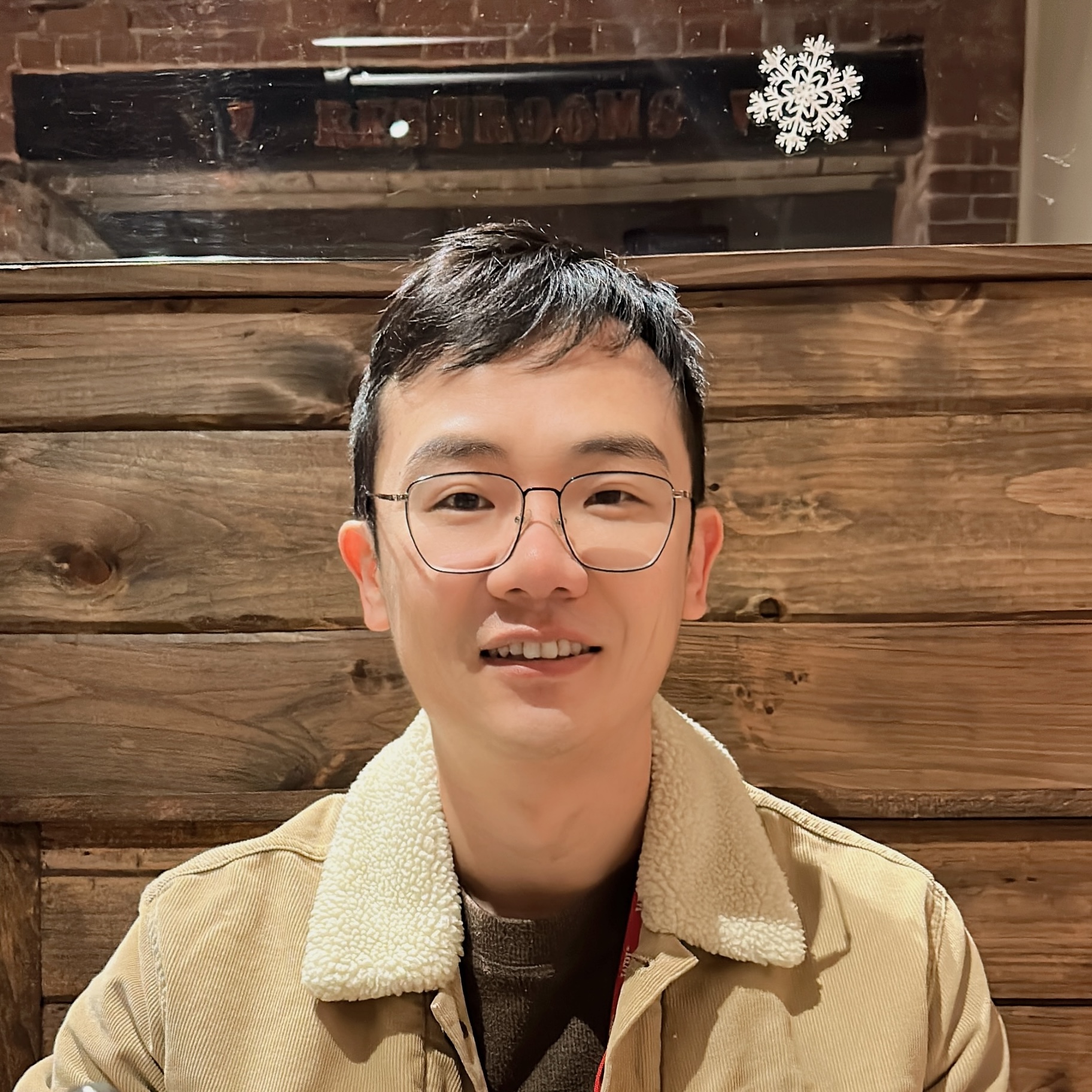
Email: szhang12@wpi.edu
Phone: +1 (508) 8315000 x4896
Dr. Hunter Zhang is an Assistant Research Professor in the Department of Mechanical and Materials Engineering at WPI, where he also works as the Lab Manager at the Autonomous Vehicle Mobility Institute (AVMI). His research centers on the modeling, simulation, and virtualization of autonomous off-road vehicles in unstructured environments, as well as the dynamics of mechanical and mechatronic systems in autonomous ground vehicles. This work includes examining distributed and virtual electric driveline systems in fully electric vehicles and developing vehicle performance control systems. Before ...
view profile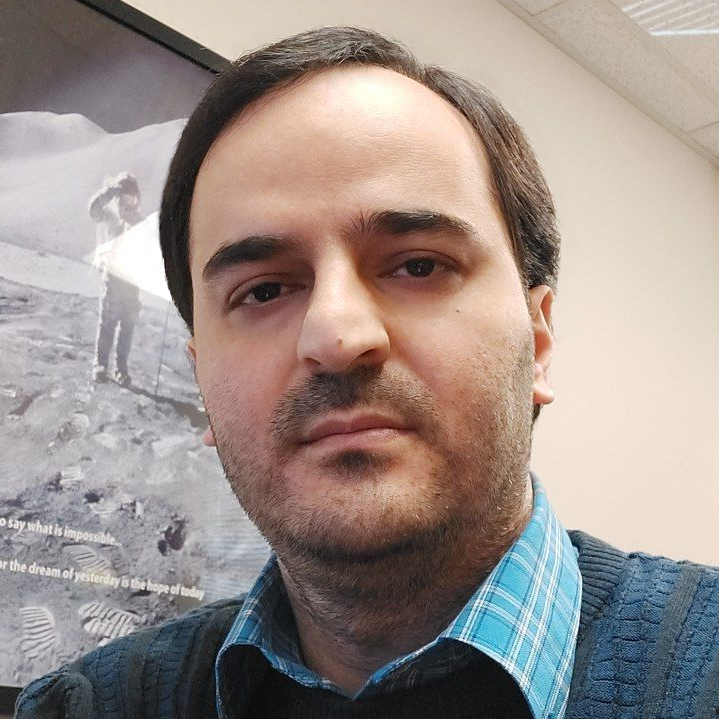
Email: mghasemi@wpi.edu
Phone: +1 (508) 8315000 x5887
PhD, Engineering, Villanova University, Villanova, PA, USA, 2013MS, Mechanical Engineering, K. N. Toosi University of Technology, Tehran, Iran, 2007BS, Mechanical Engineering, K. N. Toosi University of Technology, Tehran, Iran, 2004 Dr. Ghasemi is an Assistant Research Professor in the Department of Mechanical & Materials Engineering at Worcester Polytechnic Institute. He received his PhD degree from Villanova University, Villanova, PA in 2013, and his BS and MS degrees from The K. N. Toosi Univerity of Technology, Tehran, Iran, in 2004 and 2007, respectively. Prior joining WPI, he ...
view profile
Email: jpaldan@wpi.edu
Jesse Paldan joined WPI as a Research Associate for the Autonomous Vehicle Mobility Institute (AVMI) in 2022. Before WPI, he worked as a graduate research assistant for the University of Alabama at Birmingham and Lawrence Technological University in Michigan. He received a Master's degree in Mechatronics Systems Engineering from Lawrence Technological University in 2010. He has over ten years of experience working on projects focusing on vehicle dynamics, hybrid and electric vehicles, and modeling and simulation of mechatronic systems.
view profile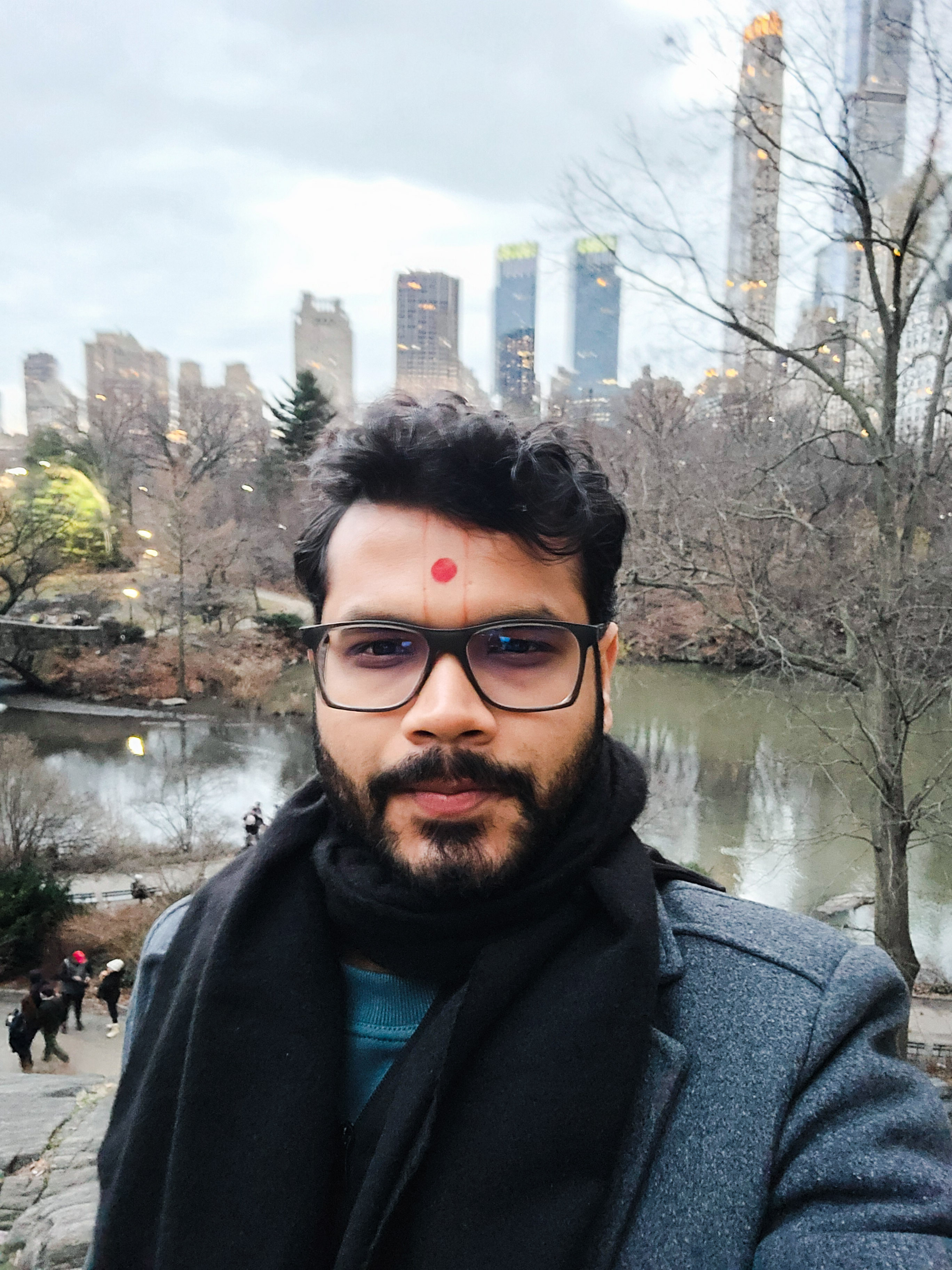
Email: ppatel3@wpi.edu
Dr. Parth Y. Patel is a Research Engineer at the Autonomous Vehicle Mobility Institute (AVMI) and an Assistant Research Professor at Worcester Polytechnic Institute (WPI). His research expertise lies in simulating and virtualizing off-road autonomous vehicle dynamics (Terramechanics) in unstructured terrain environments, severe weather conditions, and complex operational scenarios. His work focuses on enhancing autonomous ground vehicle mobility, maneuverability, and energy efficiency through advanced simulation, control strategies, and real-time optimization.Dr. Patel’s research spans several ...
view profileAffiliated WPI Faculties

Email: alexw@wpi.edu
Phone: +1 (508) 8315000 x5061
Dr. Alexander M. Wyglinski is the Associate Dean of Graduate Studies at WPI since 2021. In this role, Dr. Wyglinski's activities primarily focus on devising sustainable, scalable, and innovative solutions for enabling individuals to pursue graduate degree programs in support of their professional development goals. Several of these activities include the creation of an Experiential PhD framework enabling full-time industry practitioners to simultaneously pursue part-time doctoral studies, implementation of interdisciplinary PhD programs focused on emerging areas involving cross-cutting ...
view profile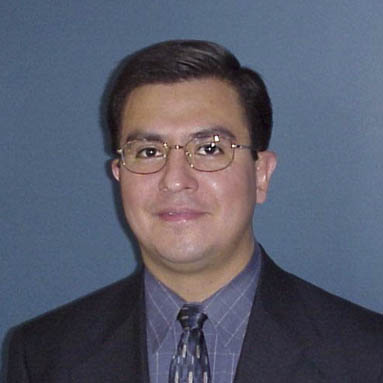

Email: cpinciroli@wpi.edu
Phone: +1 (508) 8315000 x6853
The focus of my research is designing innovative tools for swarm robotics. I am developing Buzz, a programming language specifically designed for real-world robot swarms. During my Ph.D., I have designed ARGoS, which is currently the fastest general-purpose robot simulator in the literature. Recent work focuses on human-swarm interaction and multi-robot learning. I am also working on swarm robotics solutions for disaster response scenarios, such as search-and-rescue and firefighting.
view profile
Email: kleahy@wpi.edu
Phone: +1 (508) 8315000 x6293
Kevin Leahy is an Assistant Professor in Robotics Engineering at Worcester Polytechnic Institute. His current work involves AI for autonomous systems, with an emphasis on formal methods and multi-agent systems. He received his Ph.D. degree in Mechanical Engineering in 2017, his MS degree in Mechanical Engineering in 2016, and his BA in Economics in 2009, all from Boston University. From 2017 to 2023, he was a member of the Technical Staff at MIT Lincoln Laboratory. At MIT Lincoln Laboratory he focused on a variety of domains, including learning decentralized control strategies for multi-agent ...
view profile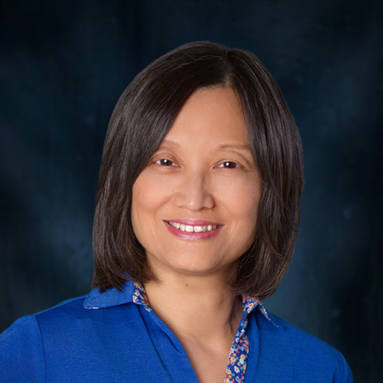
Email: jxiao2@wpi.edu
Phone: +1 (508) 8315000 x6363
My research spans robotics, haptics, multi-modal perception, and artificial intelligence, at the intersection of computer science and engineering. There are two highly related themes in my robotics research: one is the focus on “contact sport”, i.e., the contact and interaction between a robot or a part/tool it holds and the environment, and the other is real-time adaptiveness of robots to uncertainty and uncertain changes in an environment based on perception. Under the first theme, my work includes compliant motion planning involving complex contact scenarios for high-precision robotic ...
view profile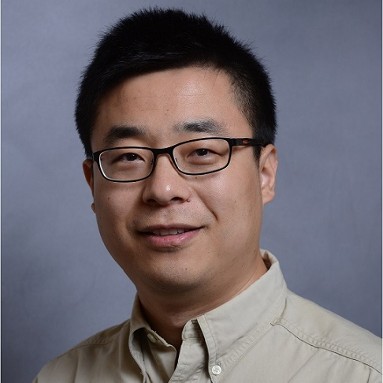
Email: zmao2@wpi.edu
Phone: +1 (508) 8315000 x4845
Dr. Zhu Mao joined WPI as an Associate Professor in the Mechanical and Materials Engineering Department in 2021, and before that, he was on the faculty of Mechanical Engineering at the University of Massachusetts Lowell from 2015. His research interests include dynamics and vibration, intelligent systems, noncontact sensing and computer vision, signal processing and machine learning, uncertainty quantification, and condition-based monitoring for a variety of applications. He has published over 120 papers on journals and conference proceedings, and was the Chair of Technical Division on Model ...
view profile
Email: bianchi@wpi.edu
Phone: +1 (508) 8315000 x6435
Professor Frederick Bianchi works in the area of music technology. As the director of music technology research, Bianchi works with students from all disciplines. His particular focus is Virtual Orchestra technology, multichannel sound design, and neuroscience research. In addition to overseeing the Media Arts Group Innovation Center (MAGIC), Professor Bianchi is also the director of the Bar Harbor, Maine Project Center and the Glacier National Park Project Center.
view profile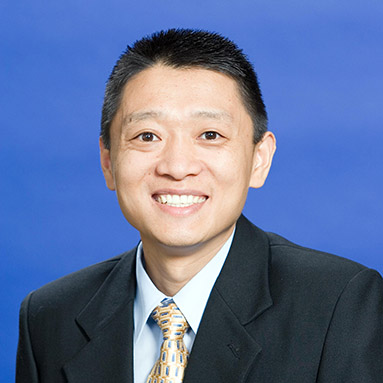
Email: xhuang@wpi.edu
Phone: +1 (508) 8315000 x5771
Being a faculty member is a privilege through which I can teach and mentor many students. My area of expertise is in computer engineering. More specifically, I conduct research in the area of AI, digital health, autonomous vehicles, and wireless communications. I teach computer engineering courses at all levels from transistors, gates, circuits, processors, to computer systems. Prior to joining WPI in 2006, I was a member of the technical staff at the Bell Labs of Lucent Technologies. I have also been a visiting professor at Brown University (2021-2022), a research fellow at MIT (2024-2025) ...
view profile
Email: nitin@wpi.edu
Phone: +1 (508) 8315000 x6392
I envision a future where we are surrounded by small robots doing various tasks such as pollinating flowers, searching for survivors, carrying payloads, entertaining us and even as our personal pets/companions. To advance autonomy on these tiny mobile robots with on-board sensing and computation, we draw inspiration from nature’s experts – insects, birds and other small beings. My doctoral work culminated in building the world’s first prototype of a RoboBeeHive that involved hummingbird-sized nano-quadrotors capable of pollinating flowers, where all the sensing ...
view profileAVMI Students
PhD Students
Huashuai Fan, hfan@wpi.edu
Master Students
Simran Chauhan, schauhan@wpi.edu
Nicholas Healy, njhealy@wpi.edu
Lorenzo Hess, lhess@wpi.edu
Undergraduate Students
Jacob McCarthy, jwmccarthy@wpi.edu
Alexandra Joseph, amjoseph@wpi.edu
Matthew Yun, myun@wpi.edu
Bailey Koestner, brkoestner@wpi.edu
Edward Song, essong@wpi.edu
William Sobral, wsobral@wpi.edu
Marc Katsovich, mgkatsovich@wpi.edu
Elijah Akpan, eakpan@wpi.edu
Jesse Dawson, jhdawson@wpi.edu
Shrikar Jemolla, sjemolla1@wpi.edu
Volunteers
Kaushik Kavuri Subrahmanya, ksubrahmanya@wpi.edu